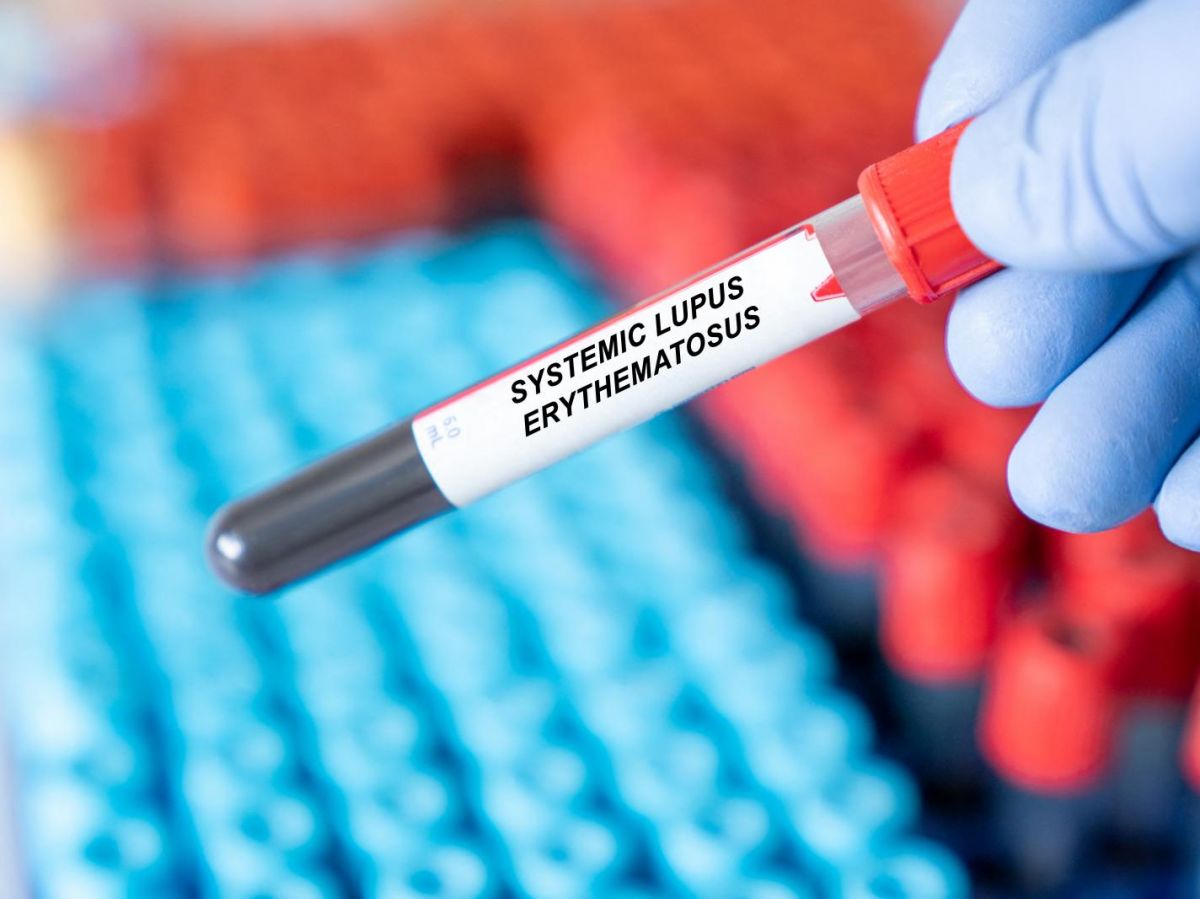“ Manifestations of lupus can be disfiguring, and even fatal,” says Jaehyuk Choi, researcher at Northwest University, during an interview for Science and Future. Indeed, this autoimmune disease can cause very serious damage, particularly to the skin, kidneys and even the brain.
A potential therapeutic avenue against lupus
In France, it is estimated that systemic lupus erythematosus, also called systemic lupus, affects between 30,000 and 60,000 people, and many more women than men. The severity of symptoms varies considerably, ranging from a mild illness to a potentially fatal illness because of the damage it can cause in different organs, hence the name " systemic“.
The causes of the disease have long been unknown to researchers. In the absence of a precise target, the treatments were not always effective, or their side effects were very serious. “ Patients can suffer from complications of the disease itself but also from the undesirable effects of the treatments used to treat it: weight gain, bone loss and increased risk of opportunistic infections which affect immunocompromised people. deplores the researcher.
But the cards are about to be reshuffled. With his team, Jaehyuk Choi has just highlighted the pathophysiological mechanisms of the disease, that is to say the functional disorders of the body when lupus occurs. Among their discoveries, one result hits the mark. Scientists have identified and tested a potential therapeutic avenue. This new work, published in the prestigious journal Nature, therefore open up new treatment perspectives.
How does lupus affect the immune system?
White blood cells circulate in the blood, including B and T lymphocytes responsible for producing antibodies to destroy pathogens. In lupus patients, these cells are in excess and produce bad antibodies. But why ?
The disease causes a signaling defect. Regulation of the quantity of these immune cells is controlled by receptors, called AHR. But this metabolic pathway is altered in lupus patients. Normally, small proteins called interferons help fight infections, but in this disease, they attack the regulatory pathway controlled by AHR receptors.
Direct consequence: overproduction of B and T lymphocytes. “It is believed that this immune “runaway” is at the origin of the production of autoantibodies in patients with lupus, » explains Jaehyuk Choi. Instead of attacking foreign bodies, autoantibodies destroy healthy tissue.
Rebalance lymphocyte production
Today, the most effective treatment consists of reducing the activity of the immune system with generalized immunosuppression. But patients treated in this way are then exposed to a significant risk of infection, and therefore serious complications. New work from Northwest University reveals the existence of a new therapeutic target: AHR receptors.
“We discovered that we could stimulate this metabolic pathway using small activating molecules,” Jaehyukchoi. To do this, the researchers introduced these molecules into blood samples from lupus patients. Their work focused on several cohorts, from 7 to 300 individuals.
Results? As they hoped, the number of pathological lymphocytes has greatly decreased. Even more interesting, they have been reprogrammed into other cells: Th22 lymphocytes, which promote the healing of wounds caused by this autoimmune disease.
“These molecular studies are essential to inform the design of new treatments that are not broadly immunosuppressive, but rather target the primary defects that cause lupus. If there is a chemical imbalance that reduces AHR activity in lupus patients, reinjection of this chemical may be a suitable treatment for one of the root causes of lupus,” he adds, enthusiastically.
A discovery that is all the more anticipated as it would make it possible to avoid generalized immunosuppression and thus spare patients' healthy immune cells, which are essential to fight infections but also cancers. Next step: ensure these effects are lasting. Jaehyuk Choi's team subsequently hopes to be able to administer these activating molecules directly to lupus patients.
